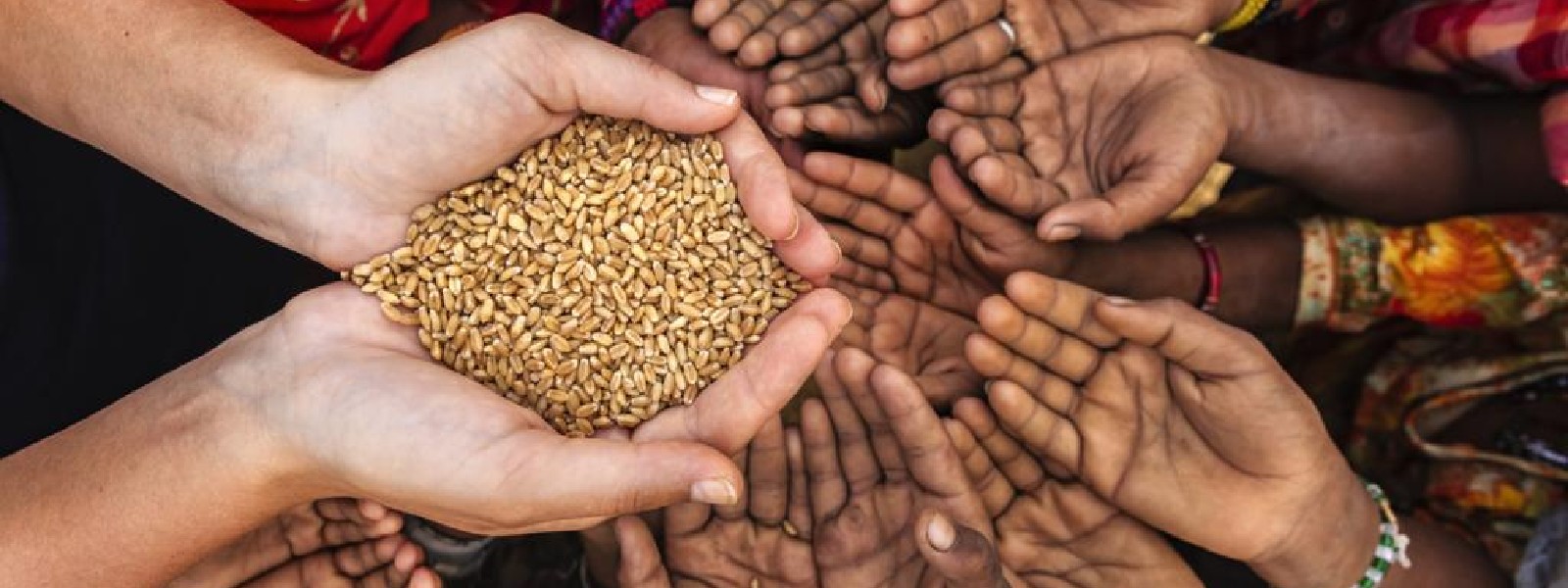.webp)

68% of households adopting coping strategies - WFP
COLOMBO (News 1st); The World Food Program in a recent report has revealed that the vulnerable households in Sri Lanka are bearing the brunt of the food crisis.
According to the December assessment results, 33% of households are food insecure. In 2019, food insecurity levels in the country stood at 9.1%. Over the past four months, food security levels have remained above the 30%.
The World Food Programme said that according to wholesale traders, prices of staple foods have decreased due to the release of food stocks into local markets, and
the general food inflation rate started to fall in October.
It added that households turning to food-based and livelihood based coping strategies continue to be reported across the country, and nearly seven in ten households (68%) are adopting food-based coping strategies, and the majority of households are consuming less preferred food.
Food and fuel prices remain a prime concern for many households, said the World Food Programme adding that 58% of households are purchasing food on credit.
The World Food Programme also warned that consumption of adequate diets remains low and 30% of Sri Lankan households are facing insufficient food consumption, with 43% consuming limited portions.
It also added that Female-headed households continue to fare worse than male-headed households.
Households in the estate and rural areas experienced higher levels of acute food insecurity than those in urban areas in December. Similar disparities can be found across income sources.
Other Articles
Featured News





.png )












.gif)








.webp)






